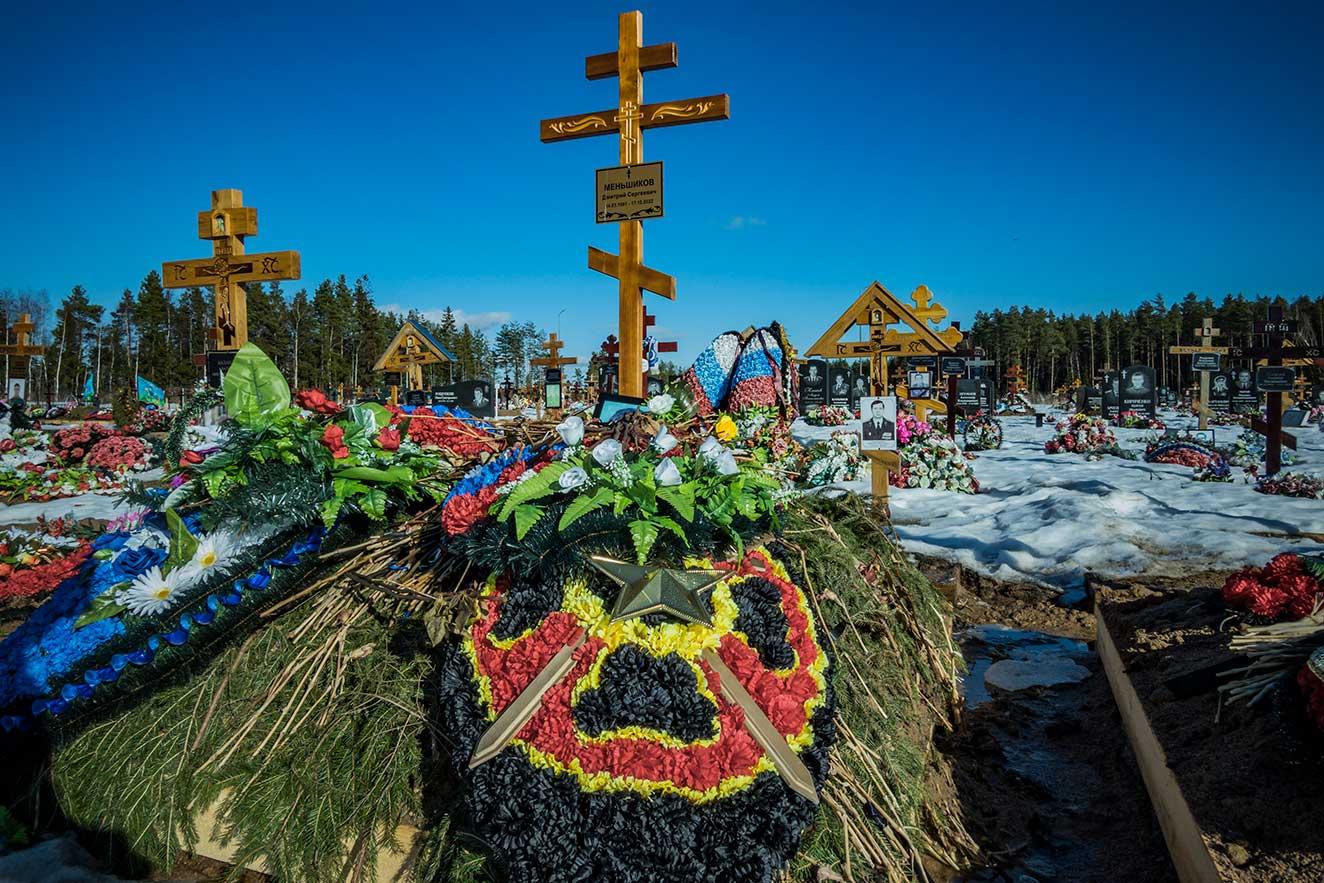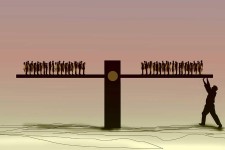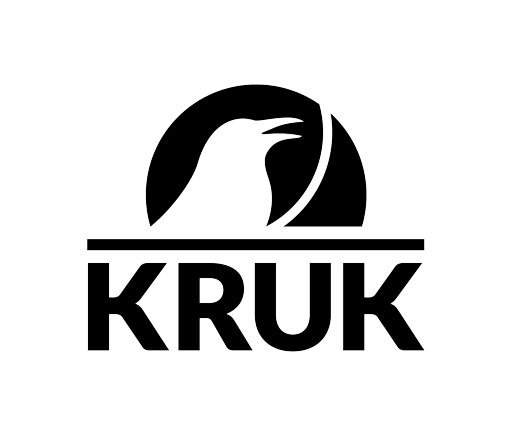Kremlin does not believe in drones
Russian authorities downplay a series of drone attacks in Moscow, including the elite Rublyovka area. Kremlin initially faced embarrassment when videos of direct hits on buildings went viral, but officials argued later that only eight drones were involved and claimed damage was minimal. Although there is some panic, the drone strikes eroded confidence in Kremlin assurances that war will not spill over into Russian territory. Rublyovka attacks highlight the disconnect between Russia's ruling classes and national concerns. Conspiracy theories abound, revealing increasing anxiety and cynicism among the population. The attacks punctured Russia's propaganda narrative and exposed the gap between rhetoric and reality, casting doubt on Putin's ability to control current developments, reads an editorial in The Guardian.
Pros and cons on the "war economy"
European Commissioner Thierry Breton called for a "war economy" in Europe to accelerate production of ammunition and weapons for Ukraine and EU military reserves. However, the concept is controversial, with Germany and other member states opposing it due to historical connotations and concerns about state control. Some argue that the label should be avoided altogether, stressing instead the need for concrete action and cooperation, as the idea of "war economy" is considered useless at this stage. It is being argued that politicians should focus on clarifying the importance of supporting Ukraine and preparing the public for serious conflict. A Deutsche Welle analysis on how European countries respond to this view, based on geography and their own historical experiences.
Post-mortem
The founder of Wagner Group, Yevgeny Prigozhin, sent tens of thousands of prisoners to the Ukrainian front. Many of them never made it back. The aunt and the mother of two dead soldiers refuse to keep silent. A recent Der Spiegel article reports what they have to say.
Shadow War
Although US offered military assistance to Ukraine, the americans were prudent about direct involvement to avoid an escalation with a nuclear-armed Russia. However, Ukraine's recent aggression on Russian territory sparked concerns among US officials, leading to speculation of a shadow war between the US and Russia. Reports of Ukrainian operations in the Russian territory and the use of US-made equipment by pro-Ukrainian Russian paramilitary groups increased fears for further escalation. Recent leaks revealing discussions on offensive operations in Russia by President Zelenskyy heightened the risk of misinterpretation and potential nuclear conflict. In this context, US should continue to support Ukraine's defence while avoiding direct involvement in the war, argues the author of a recent analysis in the US publication, The Week.
Head in the sand
Lack of response from the Russian government to Ukraine's attacks on Russian territory is disturbing, argues the author of an analysis published on the website of the US think-tank Carnegie Endowment for International Peace. President Putin goes silent, deflecting questions to the defence ministry, who responds with reports of success that are no longer credible. Their focus is on avoiding responsibility rather than assessing danger. Putin fears scaremongering and prefers to present failures as successes, but his response to the drone attacks and the passive reaction of the authorities reveal his impotence and lack of empathy towards his own citizens, who are growing worried about imminent external military threats. On the other hand, their lack of reaction reflects Putin's faith in the resilience of the people. But Russia's inadequate military proficiency and the sense of leadership void is creating confusion and despair among the population.
The leaving brain
Russia's invasion in Ukraine triggered a massive brain exodus, with hundreds of thousands of young Russians leaving the country, leading to a significant loss of talent and a labour shortage in Russia. In addition, Russia's economy faces challenges from European sanctions, dwindling oil revenues and the rising costs of war. The country now faces difficult choices, including raising taxes or issuing war bonds to generate funds. Resources and technology are prioritised for the war industry, and import restrictions limit access to vital supplies and components. Yet the most pressing problem for the Russian economy remains the loss of skilled manpower, with a generation of talented people fighting on the front lines or choosing to stay abroad because of security concerns and political circumstances. This exodus of talent poses a long-term threat to Russia's economy, according to a National Public Radio's report published last week.
Fighting time
Time is a crucial factor in determining the outcome of the war in Ukraine. Putin wants to wage a war of attrition to erode support for Ukraine from Western allies. But recent moves by Western leaders, such as President Biden's decision to provide Ukraine with new weapons systems and the German-supplied arms package, point to a strategic shift. The deployment of long-range cruise missiles from the UK also began recently, defying Moscow's dreams to secure air superiority. The West, though, needs to prepare for a lengthy campaign by continuing to support Ukraine with weapons, ammunition, air defences, tanks and armoured vehicles. Ukraine's fight is not just for its own sovereignty, but also for fundamental Western values of democracy and tolerance, writes an article signed by the editorial board of the Washington Post.
The Menace of a New Chernobyl
Staff at the Zaporizhzhia power plant in Russian-occupied Ukraine fear a possible nuclear disaster worse than Chernobyl or Fukushima. Despite the risks, two of them, Serhii and Mykola, spoke out anonymously about the deteriorating situation at the plant. They revealed that heavy weapons damaged the buildings and Russia deliberately targeted power lines, compromising plant safety. Due to understaffing and inadequate maintenance, the threat is escalating. There are fears that Russia could stage a false-flag attack, such as a radioactive leak, to stop an Ukrainian counter-offensive. Technicians have reported increased military presence around the plant, indicating preparations for a potential counter-offensive. International Atomic Energy Agency expressed serious concerns and called for demilitarisation in the area, but the situation remains precarious. Here's a recently published report by Sky News international correspondent Alex Rossi.
Bomb Shelter Crisis
Residents of Ukraine are facing a critical air-raid shelter problem. During a recent attack in Kiev, three people died outside a closed bomb shelter, bringing the problem into national focus. Many shelters across the country remain closed, leaving millions of Ukrainians without a safe haven during bombings. Some shelters are obsolete Soviet-era bunkers, while others are temporary structures, and a significant number are inaccessible or lack basic utilities such as water and electricity. Private owners of shelters often refuse to open them, and laws are failing to hold them accountable. The Center for Civil Liberties reported that 27% of air raid shelters in Kiev could not be located, reports Al Jazeera, in a story published recently.
Artificial Intelligence Prepares for War
Artificial intelligence (AI) will play a significant role in warfare, especially in the conflict between Russia and Ukraine. AI offers powerful benefits such as reducing collateral damage, providing intelligence on strategic targets, supporting logistics and facilitating psychological warfare and cyber attacks, reads an analysis published by the US website livemint.com. The author, James Stavridis, a retired US Navy admiral and former NATO supreme allied commander, argues that the Pentagon is advised to carefully implement AI in the Ukraine campaign to fully understand its implications for the conduct of war. However, the ability to conduct cyber attacks using AI presents the greatest risk. The impact of AI on warfare should be thoroughly understood and integrated into military strategies, highlighting the importance of refining its implementation in the ongoing conflict.

















